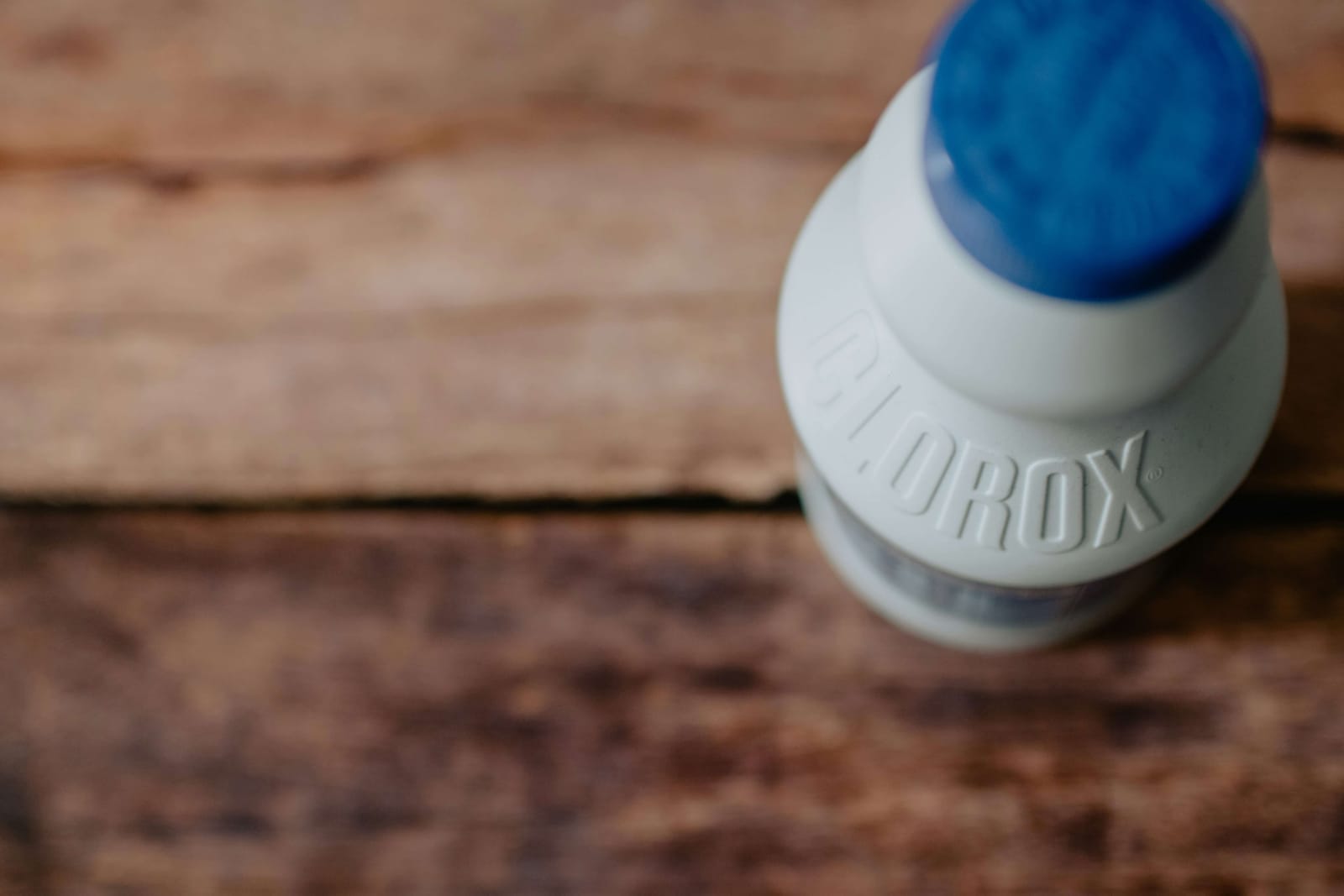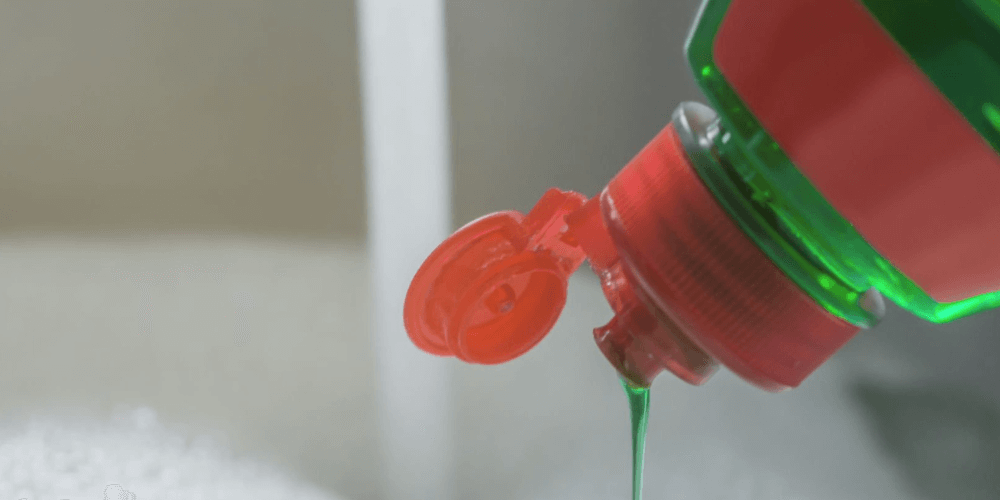The culinary world is filled with techniques that have been honed and perfected over centuries, and egg poaching is no exception. This delicate art, which involves gently cooking eggs in simmering water, has a rich and fascinating history that spans continents and cultures.
This micro-post will take you on a journey through the history of egg poaching, exploring its origins, evolution, and its place in modern cuisine.
The Origins of Egg Poaching
The history of egg poaching is a fascinating journey that takes us back centuries to the time when the first culinary enthusiasts discovered the delicate art of gently cooking eggs in simmering water.
This method, known as poaching, has evolved over the years, becoming a staple in many cuisines worldwide and a favorite among breakfast lovers. The term "poaching" is derived from the Old French word "pocher," meaning to prod or jab, but when it comes to eggs, it refers to the gentle cooking process in hot water.
This technique is ideal for fragile items like eggs, as it produces no agitation and allows for a soft, creamy texture that many find irresistible.
The Evolution of Egg Poaching Techniques
Over the centuries, egg poaching techniques have evolved, with the introduction of the egg poacher in the 19th century being a significant development.
This device, consisting of a pan with several small cups or molds, allows for easy and consistent poaching of multiple eggs at once.
It was a game-changer in the world of egg poaching, making the process more accessible to home cooks.
Poached Eggs in Modern Cuisine
In the modern culinary world, poached eggs hold a special place. They are a staple in English breakfasts, often served on toast or as part of a full English breakfast.
In the United States, they are the star of the classic Eggs Benedict dish, where they are served on an English muffin with ham and hollandaise sauce.
They are also a key component in many other dishes, from salads to burgers, adding a touch of elegance and a burst of creamy yolk with every bite.
The Art of Poaching Eggs
Despite their widespread popularity, poached eggs can be a bit tricky to master. The key to a perfectly poached egg lies in the egg's freshness and the water's temperature. Very fresh eggs hold their shape better when poached, and the water should be just below boiling, with minimal movement.
Some chefs also recommend adding a splash of vinegar to the water to help the egg whites coagulate more quickly.
The Future of Poached Eggs
As we look to the future, it's clear that poached eggs will continue to be a beloved part of our culinary landscape.
Whether served in a fancy restaurant or cooked at home for a comforting breakfast, poached eggs are a testament to the enduring appeal of simple, well-prepared food.
The history of egg poaching is a testament to the enduring appeal of this simple yet elegant cooking technique. From its origins in the Middle Ages to its place in modern cuisine, egg poaching has stood the test of time, continuing to delight food lovers around the world.
Whether you're a seasoned chef or a home cook, mastering the art of egg poaching can open up a world of culinary possibilities.
If you're looking for a new egg poacher or perhaps buying your first one, check out our article on the best egg poacher for our top 5 recommendations.
If you're interested in the nutritional aspects of this beloved breakfast staple, be sure to check out our article, Unveiling the Health Benefits of Poached Eggs: A Nutritional Guide.
FAQs
What is a fun fact about poached eggs?
One fun fact about poached eggs is that the term "poaching" actually has two different meanings: hunting without a license and boiling an egg without its shell.
Why is poaching an egg called poaching?
The term "poaching" comes from the Old French word "poacher," which means to prod or jab. In the context of eggs, it refers to the gentle process of cooking in hot water.
What is the introduction of egg poach?
Egg poaching is a cooking technique that involves gently simmering eggs in water until the whites are set, but the yolk remains runny. This method is known for producing eggs with a soft, creamy texture.
Do the French poach eggs?
Yes, the French are known for their skill in poaching eggs. In fact, many classic French dishes, such as Eggs Benedict, feature poached eggs as a key component.
Further Reading
- How to Make Excellent Poached Eggs with an Egg Poacher Pan: Learn how to make perfect poached eggs using an egg poacher pan.
- Unveiling the Health Benefits of Poached Eggs: A Nutritional Guide: Discover poached eggs' health benefits and nutritional facts.
- Troubleshooting Egg Poaching: Common Problems and Solutions: Find solutions to common problems encountered when poaching eggs.
- How to Make Poached Eggs without a Poacher: Explore alternative methods of poaching eggs without a dedicated egg poacher.



